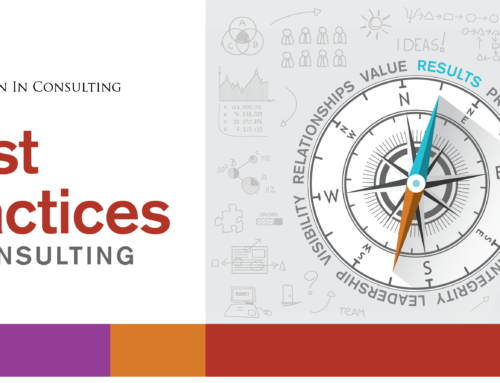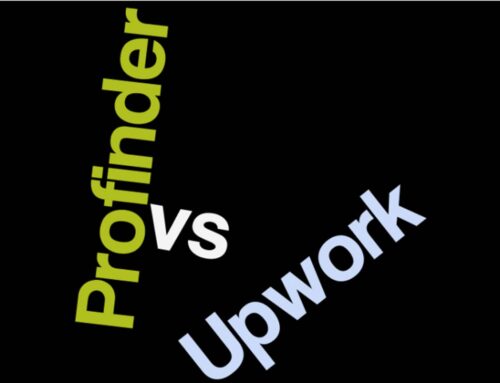…it’s a philosophy I’ve always followed. And it’s one that I know has made a difference in the quantity and quality of work that I receive. Well, as it turns out a small survey (Ensuring Sustainable Value from Consultants) conducted by UK-based Management Consultancies Association (MCA) supports my party-of-one “research.”
Act as if You’re an Employee
RainToday.com (you’ll begin to see a regular thread in my posts, as I often read articles by them that I think others would find interesting), had a short article in their October 8 Rainmaker Report: “Good Consultants with Bad Reputations? How to Leave Clients Satisfied with Your Quality of Work” by Fiona Czerniawaska.
One of the two key reminders I took from this article is the concept of blurring the consultant/employee line:
- Among consulting projects that have gone well, it was hard to find a single one that didn’t involve a joint client-consultant team
- Integration wasn’t just a question of people working together or being based in the same physical location
- 66 percent of satisfied clients thought teamwork was so effective that it was hard to tell whether someone was an employee or a consultant; 72 percent of dissatisfied clients disagreed
Look Beyond Just the Decision Makers
The other key reminder was the importance of the lateral relationships between consultants and members of a client’s staff who were involved in the project. These relationships were key in determining the success of an undertaking.
Often we, as consultants, talk about how critical it is to have access to decision makers — and it is. However, I argue that how we collaborate and partner with the other team members is equally important, a point that MCA’s research underscores:
- The eighty-one percent of satisfied people were those who believed their work with consultants represented a genuine partnership ; in contrast, just two percent of those dissatisfied felt that way
- The consultant who builds into his or her proposal an understanding of the need to engage people at all levels, and a plan for doing so, has a better chance of overcoming client skepticism and is more likely to deliver greater value in practice
Share Your Thoughts
I’d love to hear what your experiences are in this area. So, let the conversation begin.









I was just thinking about this very topic. The most successful consultant I know (Niti Agrawal at stage4solutions) operates under the philosophy that every person with whom she does business, wins, through thorough and high quality service. That includes her subcontractors and her clients. 100% of her clients are willing to be a reference for her. As I begin to network on my own, I’m surprised to find how far her good reputation has spread. Definitely the way to create a good business.
I think that it’s easy for businesses (consultants and others) to get excited about their own goals and forget about the nuts and bolts work of making all players successful. I know it’s not rocket science but in the moment people can forget even with the best of intentions.
Hi Lee,
Yes, it isn’t rocket science, but it definitely takes the ability to think outside your own world view (your own goals and excitement) and put yourself in another’s place (empathy)–two things that are often hard to do when you’re really jazzed about your own goals, processes, and ideas. And yes, Niti is a shining example of how best to do this.
A 🙂